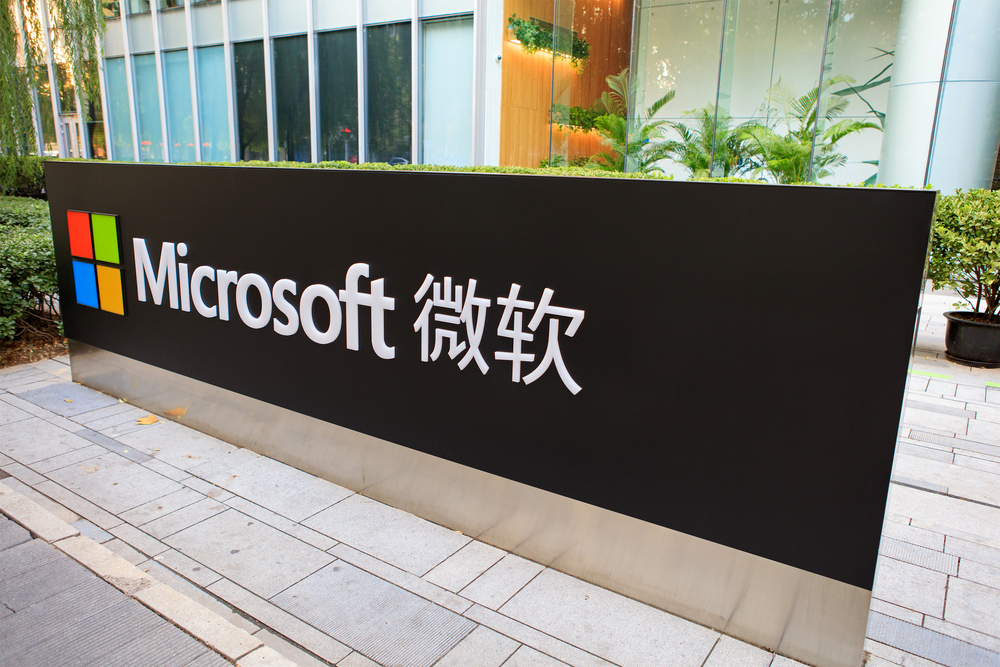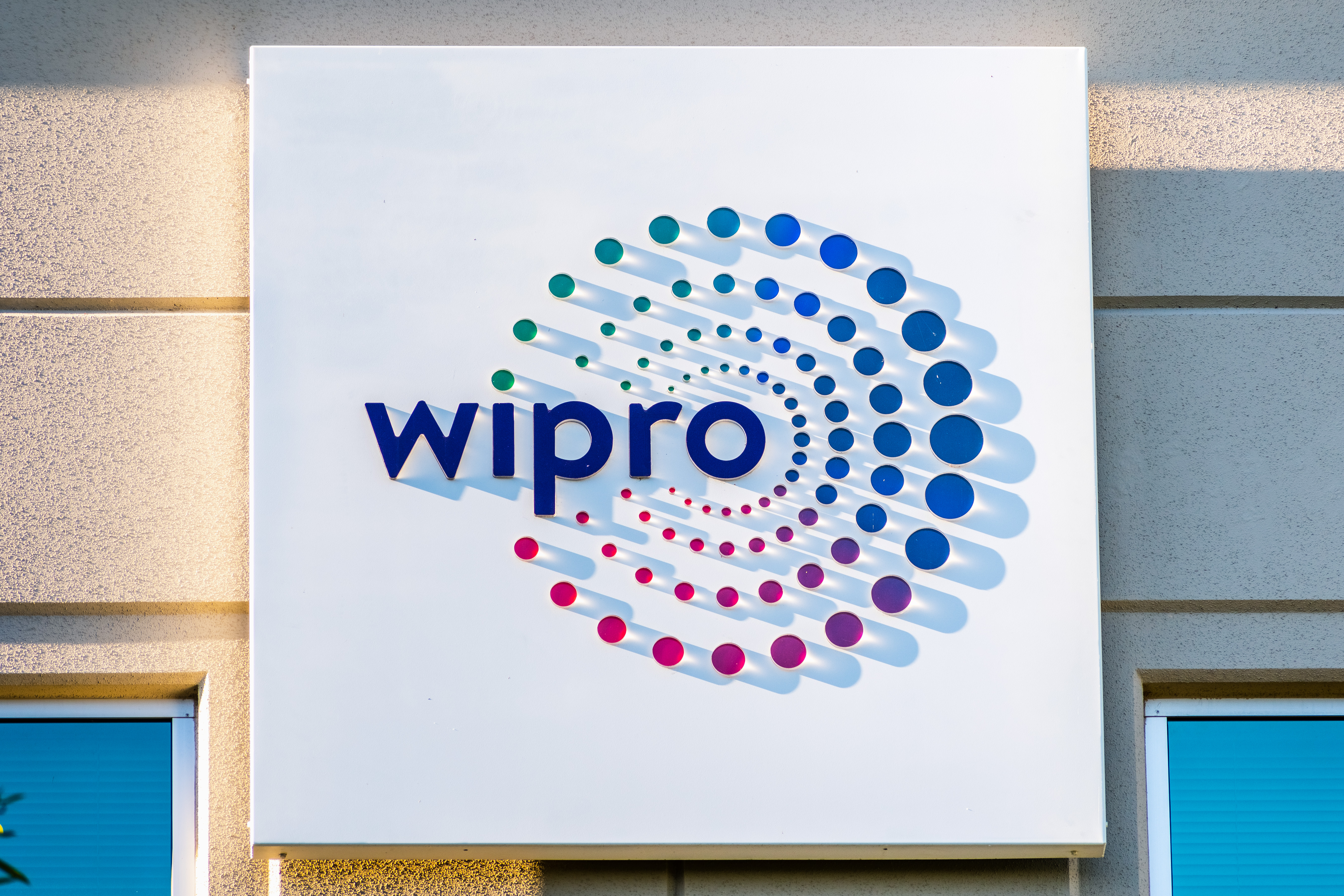Alibaba plans to list on Hong Kong stock exchange
The Chinese tech giant is the biggest cloud company in China and second biggest in the APAC region overall


Alibaba plans to pursue a primary listing on the Hong Kong Stock Exchange, which could help regional investors spend more on China’s biggest cloud company.
After completion of the primary listing process, expected to occur before the end of 2022, the company will then become dual-primary listed on the New York stock exchange as well as the Hong Kong one, it said today.
Currently, the Chinese tech giant maintains a secondary listing on the Hong Kong stock exchange, which it applied for in November 2019. It shared that in the first six months of 2022, its average daily trading volume in Hong Kong was $700 million, while in the US it was around $3.2 billion. The company said that it expects the dual listing status to allow it to broaden its investor base and expand access to China and other investors based in Asia.
“We have received approval from the board to apply to add Hong Kong as another primary listing venue, in the hopes of fostering a wider and more diversified investor base to share in Alibaba’s growth and future, especially from China and other markets in Asia,” said Alibaba Group chairman and chief executive officer Daniel Zhang. “Hong Kong and New York are both major global financial centres, with shared characteristics of openness and diversity. Hong Kong is also the launch pad for Alibaba’s globalisation strategy, and we are fully confident in China’s economy and future.”
The opening of a primary listing could attract interest from local investors on the continent, especially since Alibaba is the second biggest cloud company in the APAC region, beaten by AWS and followed by Microsoft, according to research from Synergy Research Group published in March 2022. However, while Amazon is the leader in four of five APAC sub-regions, Alibaba has a strong lead in China but is also well placed in the rest of East Asia, South & Southeast Asia and Oceania.
The US and China have experienced rising tensions over the past few years, with the Department of Commerce adding a dozen Chinese tech companies to its trade blacklist in November 2021. It said it did this to prevent the Chinese army from gaining access to critical US technologies.
RELATED RESOURCE

Storage's role in addressing the challenges of ensuring cyber resilience
Understanding the role of data storage in cyber resiliency
Additionally, China Mobile said it would list itself on the Chinese stock exchange in December 2021, hoping to raise 56 billion yuan (£6.6 billion). This came after laws introduced during the Trump administration removed the company from the New York stock exchange. It was removed due to an executive order that prevented US citizens from investing in companies linked to the Chinese military.
Get the ITPro daily newsletter
Sign up today and you will receive a free copy of our Future Focus 2025 report - the leading guidance on AI, cybersecurity and other IT challenges as per 700+ senior executives
Last week, Chinese authorities hit ride-hailing company Didi with a $1 billion fine following a year-long investigation into its cyber security practices. The Chinese government also planned to ease restrictions which banned the company from adding new users to the platform. This came after it delisted from the US stock exchange in June, telling shareholders it needed to do so to resolve its cyber security investigation.
Zach Marzouk is a former ITPro, CloudPro, and ChannelPro staff writer, covering topics like security, privacy, worker rights, and startups, primarily in the Asia Pacific and the US regions. Zach joined ITPro in 2017 where he was introduced to the world of B2B technology as a junior staff writer, before he returned to Argentina in 2018, working in communications and as a copywriter. In 2021, he made his way back to ITPro as a staff writer during the pandemic, before joining the world of freelance in 2022.
-
 Asus ZenScreen Fold OLED MQ17QH review
Asus ZenScreen Fold OLED MQ17QH reviewReviews A stunning foldable 17.3in OLED display – but it's too expensive to be anything more than a thrilling tech demo
By Sasha Muller
-
 How the UK MoJ achieved secure networks for prisons and offices with Palo Alto Networks
How the UK MoJ achieved secure networks for prisons and offices with Palo Alto NetworksCase study Adopting zero trust is a necessity when your own users are trying to launch cyber attacks
By Rory Bathgate
-
 Boomi snaps up former MuleSoft executive as APJ channel lead
Boomi snaps up former MuleSoft executive as APJ channel leadNews Global software veteran Jim Fisher will work to expand the company’s channel operations across the region
By Daniel Todd
-
 Why Microsoft Teams has only just launched in China
Why Microsoft Teams has only just launched in ChinaNews The tech giant has officially launched Teams via its local partner in China, after it was launched globally in 2017
By Zach Marzouk
-
 UK startup's Equinix deal marks step towards broad quantum computing access
UK startup's Equinix deal marks step towards broad quantum computing accessNews Businesses around the world will be able to use its quantum computing as a service platform through Equinix
By Zach Marzouk
-
 MI5 to establish new security agency to counter Chinese hacking, espionage
MI5 to establish new security agency to counter Chinese hacking, espionageNews The new organisation has been compared to GCHQ’s NCSC, and will provide companies advice on how to deal with Chinese companies or carry out business in China
By Zach Marzouk
-
 UK set to appoint second-ever tech envoy to Indo-Pacific region
UK set to appoint second-ever tech envoy to Indo-Pacific regionNews The role will focus on India after Joe White was made the first technology envoy, a role focused on the US, in 2020
By Zach Marzouk
-
 Wipro faces criticism after cutting graduate salaries by nearly 50%
Wipro faces criticism after cutting graduate salaries by nearly 50%News Graduates were given days to decide whether they would accept greatly reduced pay offers, prompting union action
By Rory Bathgate
-
 Freshworks appoints Sandie Overtveld as new SVP of APJ and MEA
Freshworks appoints Sandie Overtveld as new SVP of APJ and MEANews The digital transformation veteran brings years of regional expertise to lead Freshworks’ growth strategy
By Daniel Todd
-
 Suncorp signs three-year Azure deal to complete multi-cloud migration by 2024
Suncorp signs three-year Azure deal to complete multi-cloud migration by 2024News The financial services firm seeks to wind down its on-prem data centres and wants 90% of its workloads in the cloud by the end of the year
By Zach Marzouk